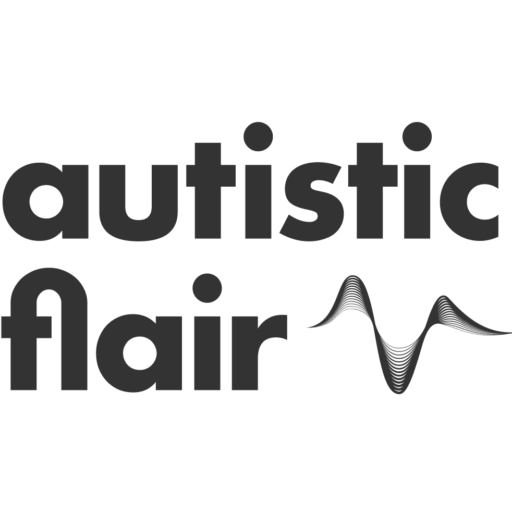Ask Autistic Advocates is an interview series that celebrates autism and how it enhances our lives.
Each week, a new interviewee gives readers a glimpse into what makes them, them, and how autism has helped shaped their lives. Today we’re getting to know Allie Mason.
Tell us a bit about yourself
My name is Allie, I am 23 years old and I live near Cheltenham in the UK. Although I studied for an undergraduate degree in Christian Theology, I am currently completing a masters degree in Education Research at the University of Oxford. Christianity, however, remains a special interest of mine.
Alongside postgraduate study I am also a research consultant for Neuropool, which is a start-up for supporting neurodivergent people run by neurodivergent people. I’ve really enjoyed working on more practical projects in addition to my academic research on education.
As well as Christianity, another special interest of mine is creative writing; I am a published poet and am currently drafting my first ever play script, which features an autistic protagonist.
When and why did you start actively advocating?
I was only formally diagnosed as autistic four months ago, so I am relatively new to advocacy. I’ve learnt a lot in a short time and feel grateful for the wealth of resources available already from other autistic people online.
From my own perspective, advocacy is essential as it is the best way for actually autistic voices to be heard. Coming from a research background with my masters degree, I find it incredibly frustrating that the majority of what is said about autistic people is not said by autistic people. We know best what it is like to be autistic and what support we need to function successfully.
What do you love most about being autistic?
One of the things that I love the most about being autistic is my ability to get to the heart of a matter. Growing up, I actually lost a number of friendships due to what others have referred to as my ‘bluntness’. I fully appreciate and am sad that at times I may genuinely have hurt the feelings of a friend because of not understanding the difference between being honest and being indelicate. However, as the years have gone by, I’ve also come to appreciate that when people tell white lies or pretend to feel positively about a situation when they don’t, it often ends in tears.
I try very hard to be sensitive, but I am proud that I do so in a way that is truthful and authentic. Authenticity has become quite the buzzword recently, but I’m not sure it is truly lived out in the everyday lives of most.

What is the biggest challenge you’ve faced and how did you overcome it?
Linked to the above, one of my biggest challenges has been to sustain friendships. Throughout my life, friends seem to have tired of me and drifted away (or even abruptly left!). I was too blunt, too intense, too odd, too needy.
I’ve played my part as well. I struggle with small talk, I can forget to ask others about themselves and I’m really very bad at instigating social activities. Oh, and the tendency to be brutally honest, as I mentioned earlier.
This isn’t necessarily the right decision for everyone, but personally I have overcome this challenge by learning more about how neurotypical friendships work. I have to replicate what I see others doing and, whilst this is tiring, it has shown my friends I am willing to put in the effort. In return, as I have found the confidence to be more open about my difficulties, they have put in the effort to help me feel more comfortable.
If you could tell your younger self one thing, what would it be?
Only you define your own worth.
I spent my entire childhood and most of my time at university seeking validation from other people. Now I look back and I wish more than anything that I could tell my younger self to stop running away from herself. Since realising that I am autistic – which came months before my formal diagnosis – I have been compassionate towards myself and it has liberated me in a way that external validation never could.
So that is what I would say to her. Stop running from yourself. You are the only person who it is guaranteed you will have to live with for the rest of your life. It is about time for you to embrace, make friends with and celebrate yourself.


